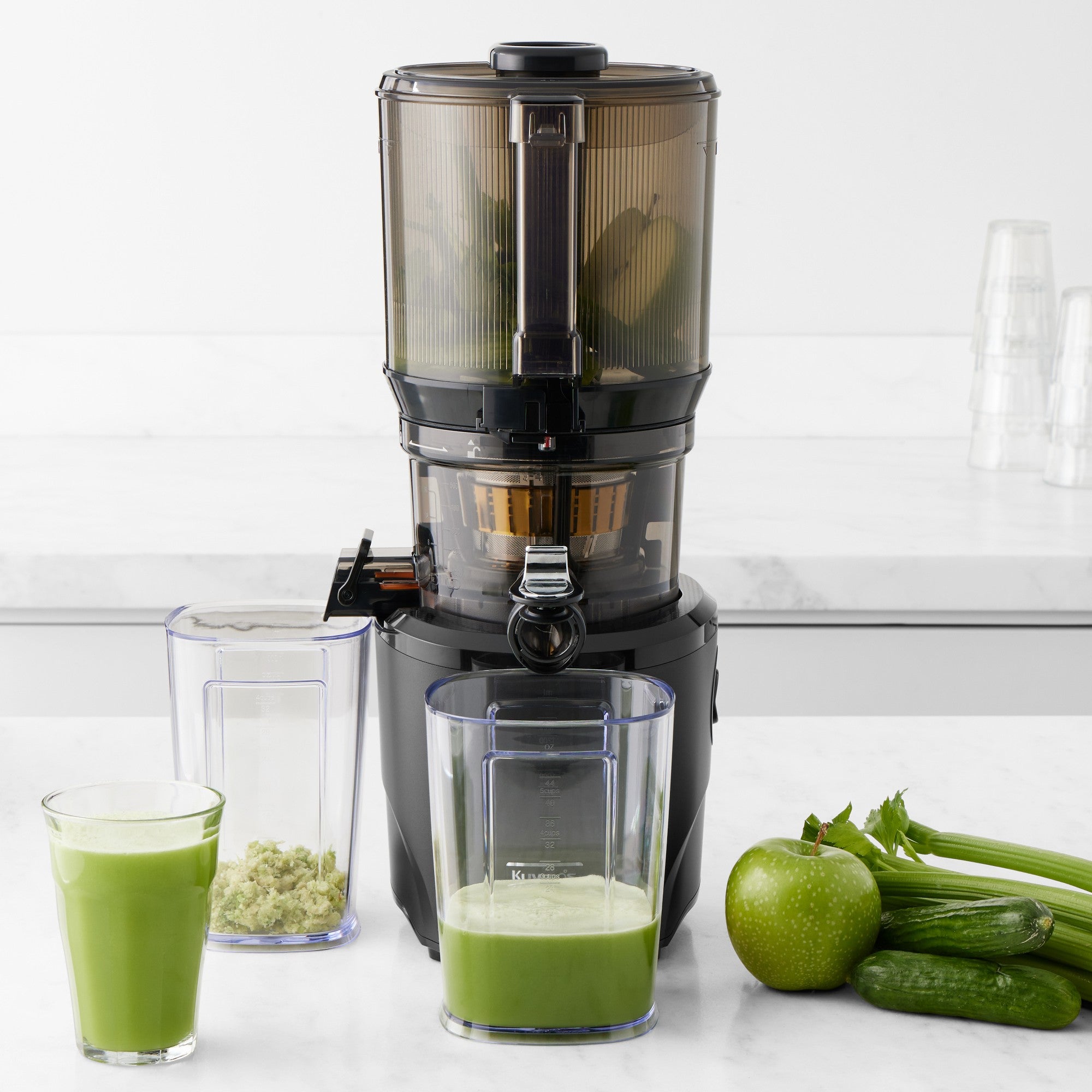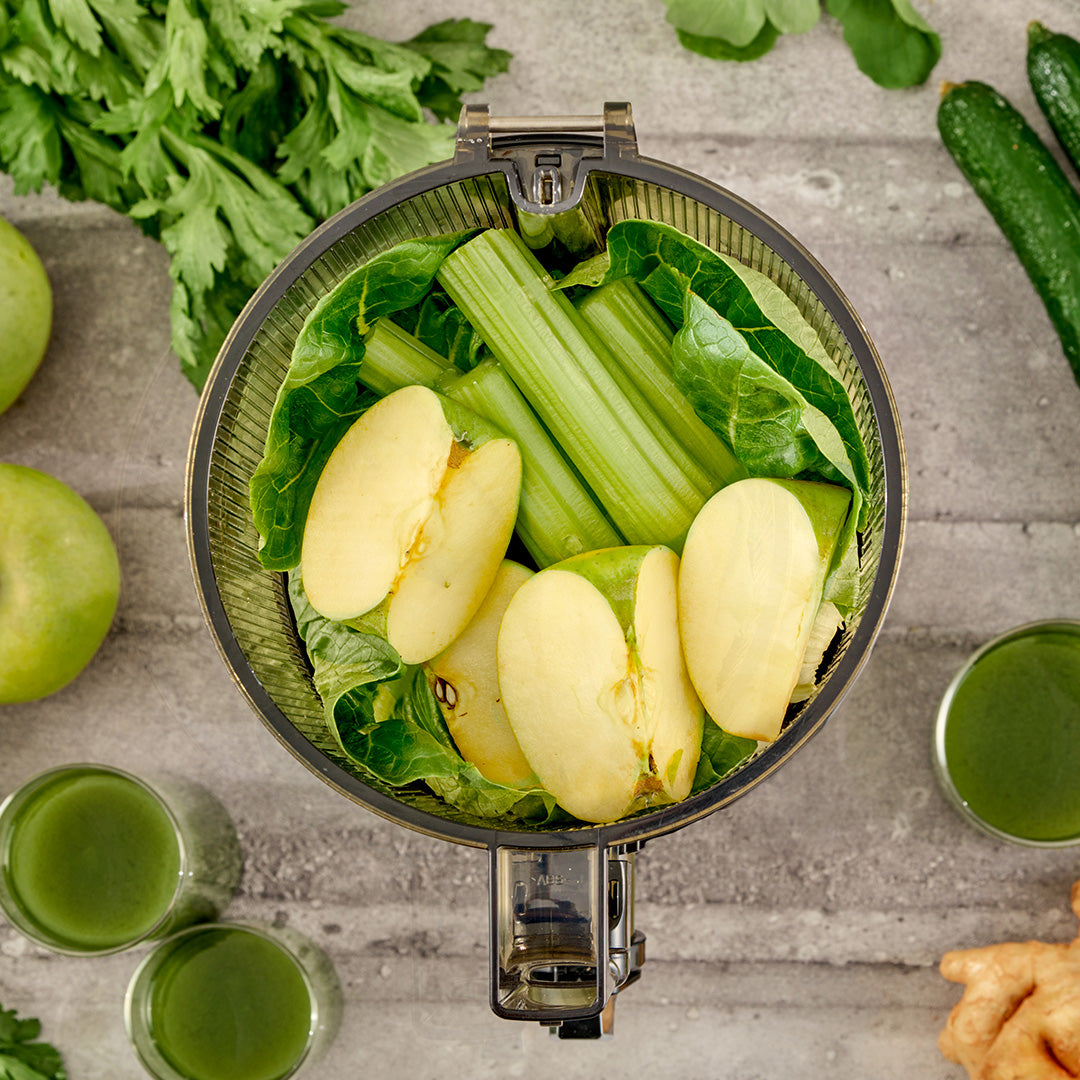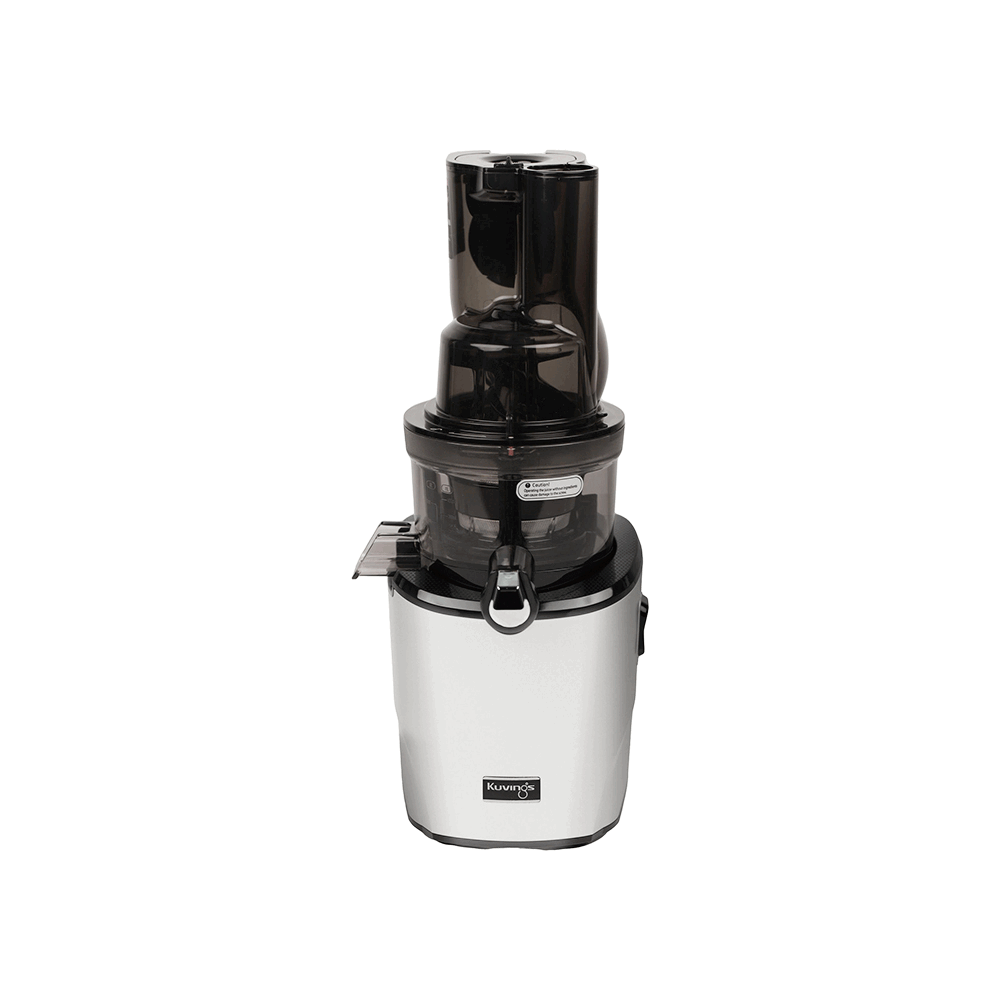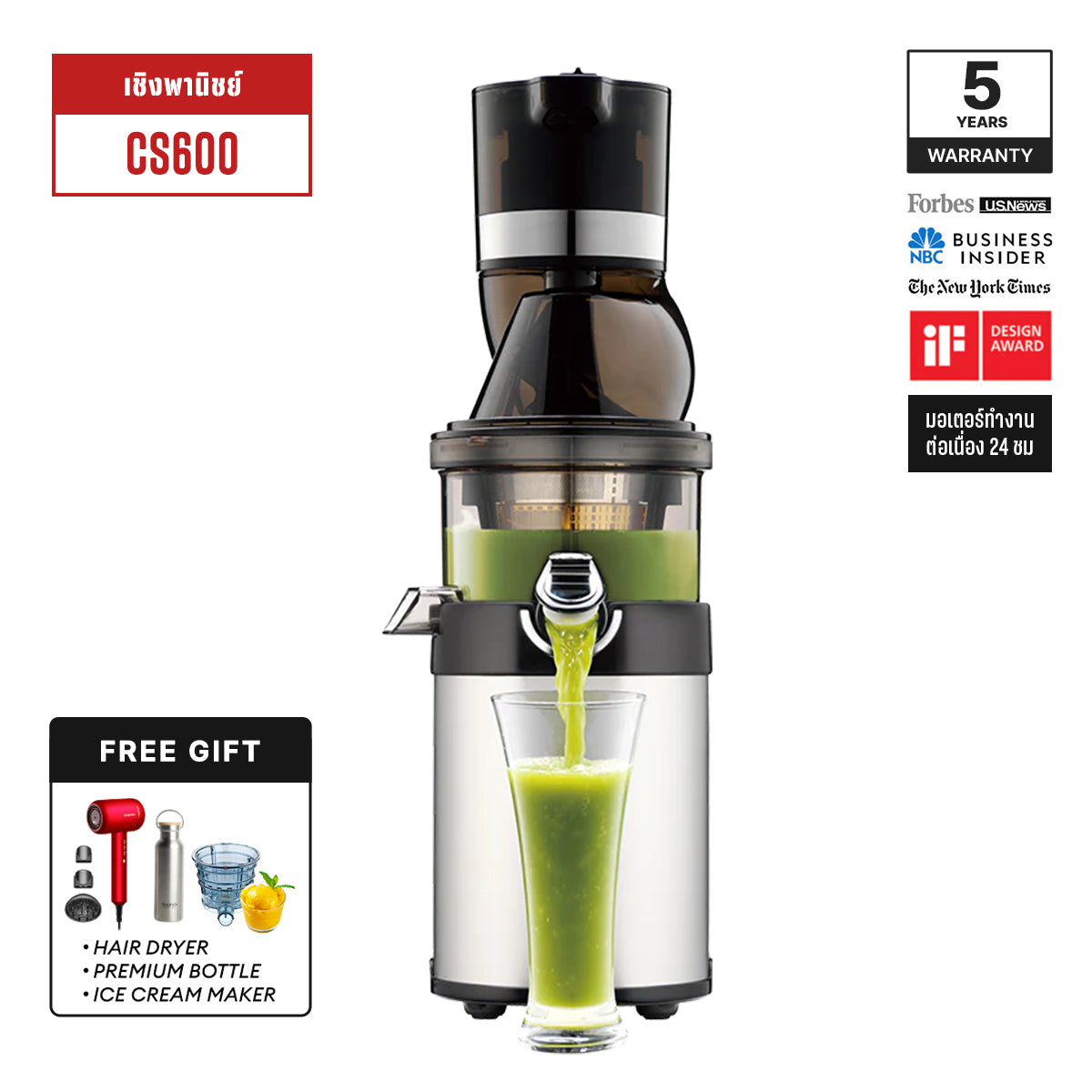Vegetables and fruits that are alkaline (alkaline) refer to the alkalinity of that substance. To create balance in human daily life is one option that is popular among people who want to be healthy. It is believed that eating alkaline It is a return to eating food in a natural way. Before humans cooked food as much as we do today Vegetables and fruits that are alkaline are beneficial to the human body as follows:
- Bone and tooth health: Alkaline fruits and vegetables can help build and maintain strong bones and teeth. This is due to the ability of the high pH in alkaline foods to reduce the breakdown of calcium in bones and teeth.
- Reducing the risk of chronic disease: Consuming alkaline fruits and vegetables can help improve the balance in the body's pH system. This may reduce the risk of chronic diseases such as heart disease , diabetes , and cancer, which are often It is linked to high acidity in the body.
- Stomach health: Alkaline fruits and vegetables tend to have a high pH, which may help reduce stomach acidity. This can be beneficial for people with stomach problems or acid reflux.
- Promoting physiological system health: Consuming alkaline fruits and vegetables can help increase beneficial nutrients such as vitamins and minerals and promote physiological processes in the body such as bowel movement throughout the digestive tract.
- Aids in weight loss: Consuming alkaline fruits and vegetables can help replenish the feeling of fullness and reduce hunger. Because it is high in chromatin and dietary fiber. This may help in the weight loss process.
In general, Consuming alkaline fruits and vegetables is beneficial to the general health of the body. But you should be careful of standard consumption and control the amount in your daily diet to create a good nutritional balance.
Alkaline fruits and vegetables can help create an alkaline environment in the body and have health benefits. Here is a partial list of fruits and vegetables that are alkaline:
vegetable:
- Leafy vegetables such as spinach, bok choy , kale, celery , collard greens , and Swiss chard .
- Wild Garlic, Ginger , Onion
- Broccoli ( Broccoli) Cauliflower (cauliflower)
- Asparagus ( Asparagus)
- Green Beans
fruit:
- Avocado (Avocado)
- Lemon ( Lemon) Limes ( Limes) Orange (orange)
- Watermelon
Keep in mind that the alkalinity of fruits and vegetables can vary and may be very little alkaline. or more depending on the type and consumption. For example, tomatoes may be less alkaline than basil. Consuming alkaline fruits and vegetables can help create an alkaline environment in the body and help reduce the risk of chronic disease. for good health But balance in the consumption of fruits and vegetables along with other foods in the daily diet should be taken into account.































































